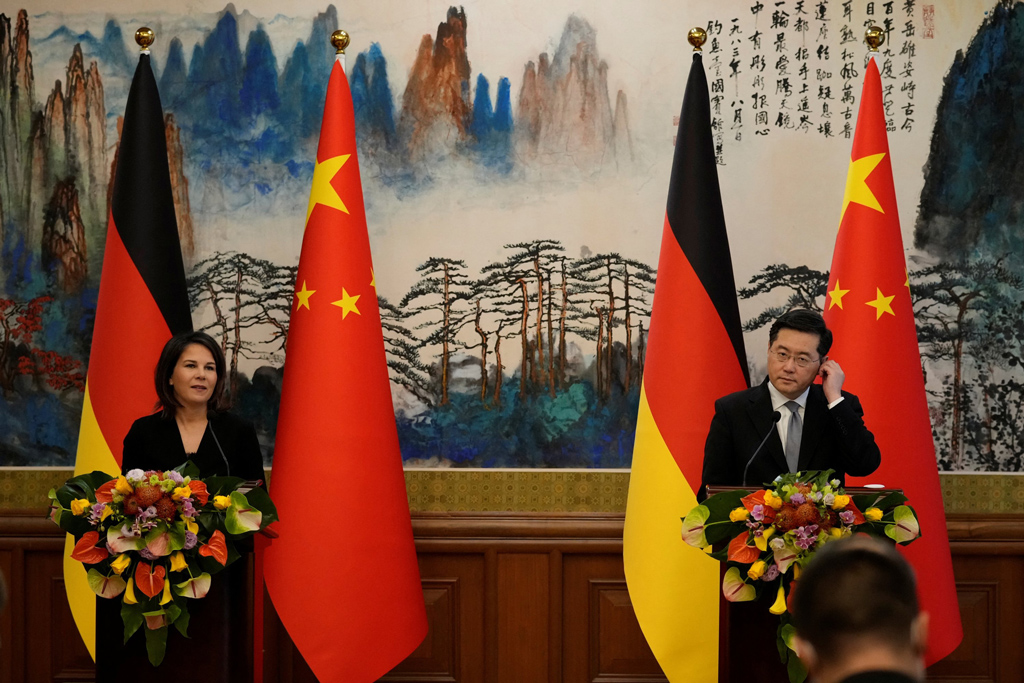
Germany's tightrope walk: Navigating Taiwan row and economic gains
The United States has shown a close and dangerous interest in Taiwan in recent years in order to break the power of China, with which it is in global competition in almost every field, and to confine China to the Indo-Pacific region. If the two great powers with nuclear weapons try to solve this problem with war, of course, it will lead the whole world to disaster. However, according to the Realist school in the International Relations literature, it is thought that these powers will not directly attempt war, based on the prediction that if a nuclear power attacks another nuclear power, both sides will be destroyed. Based on this thesis, we can say that the probability of a direct U.S.-China war is unlikely.
Share
The United States has shown a close and dangerous interest in Taiwan in recent years in order to break the power of China, with which it is in global competition in almost every field, and to confine China to the Indo-Pacific region. If the two great powers with nuclear weapons try to solve this problem with war, of course, it will lead the whole world to disaster. However, according to the Realist school in the International Relations literature, it is thought that these powers will not directly attempt war, based on the prediction that if a nuclear power attacks another nuclear power, both sides will be destroyed. Based on this thesis, we can say that the probability of a direct U.S.-China war is unlikely.
In the most “reasonable” scenario, China may intervene militarily on the island to resolve the Taiwan issue, which is deepening with each passing day, from its point of view. In this case, in line with the policy it has followed up to now, the U.S. would provide a large amount of military aid to Taiwan, just as it did to Ukraine, which has been at war with Russia since last year. Thus, it would wear out China over the Taiwan issue. So instead of fighting China directly, the U.S. would use Taiwan as a pawn against Beijing.
How European countries will act in such a scenario will be important for the parties. In this article, we will look for answers to the questions of what kind of policy Germany, one of the major actors in European politics, follows on the Taiwan issue and how it can react to China’s possible military intervention on the island.
Germany’s current policy on the Taiwan issue is based on the "One-China" policy that China has set as the red line. Accordingly, Germany, like the U.S. and other European countries, does not legally recognize Taiwan as an independent state and considers it a part of the People’s Republic of China. For this reason, Germany conducts its relations on an informal level with Taiwan. Also, the tripartite coalition government of Social Democrats (SPD), Greens and Free Democrats (FDP) that have been ruling Germany since December 2021 supports Taiwan’s participation in international organizations with observer status.
In short, as of the current situation, Germany abides by China’s red lines regarding the Taiwan issue and stays away from the negative approach that can provoke Beijing. As a result of this, Marie-Agnes Strack-Zimmermann, chairperson of the German Parliamentary Defense Committee, expressed during her visit to Taipei in January 2023, considering the fact that the situation in Taiwan is different from the situation in Ukraine, Germany does not provide and will not provide military aid to Taiwan.
Tags »
Related Articles






